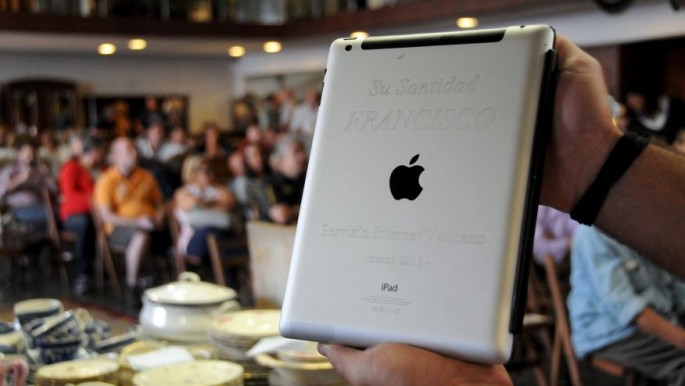A leaked document from the Motion Picture Association of America showed the organization's various analysis over the Apple iPad and how it will impact piracy.
The document entitled "The iPad - From a Content Protect Perspective" listed the iPad's positive and negative impact in terms of copyright protection and piracy. A lot of leaked materials surfaced regarding the MPAA's action against piracy. Most notable of this was the Sony leak in late 2014 and the recent WikiLeaks publication that both revealed the organizations lobbying power in hopes of controlling content over the Internet, according to The Register.
On the positive side, the MPAA praised Apple's "walled-garden" tactic when it comes to content protection which is highlighted by its extreme measures in terms of promoting Digital Rights Management especially towards premium contents, according to TorrentFreak. The document noted the iPad's "technical protection measures as well as e-Commerce environments that allow for digital rights management."
The MPAA also commended the iPad and the App store for its impressive educational potential, adding that it promotes the idea that copyrighted contents should be paid for. The report also praised several security measures imbedded into Apple's product and services but it also highlighted the fact that the iPhone was "jailbroken" and the iPad will nonetheless share the same fate.
The negative side of the report was mostly about the conversion of content from one format to another in order to be compatible for the iPad. The MPAA pointed that iPad's huge storage space, which is considered generous by 2010 standards, allowed pirates to store more pirated content into the device. The MPAA added that once the content have converted, it can be transferred from one device to another which in effect speeds the process of piracy.
While the MPAA commended iPad's video delivery system, many analysts concluded that the MPAA underestimated the unprecedented surge of technological advances towards streaming services. Many iOS and iPad apps that are currently available in the market offers free streaming services, contrary to the MPAA's idea that every content should be paid for.



























